Brain fitness can be part of a comprehensive emotional, physical, and social rehabilitation strategy. This type of training basically consists of a series of simple games and mental procedures that measure your cognitive state and its evolution over time. The results of the training are measured through a series of neuropsychological studies.
Brain Gymnastics usually focus on several areas ranging from:
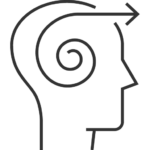
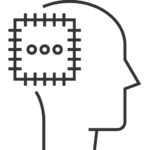
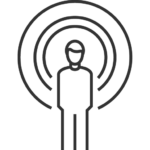
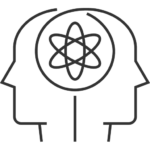
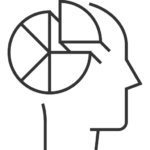
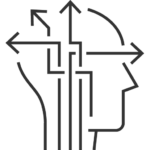
For the training to be carried out, a program must be drawn up that proposes specific situations or contexts that are aimed at the areas in which the subject who trains has shown specific weaknesses or limitations. For example, if it is attention, the exercises will focus on enhancing the person’s attention threshold. If difficulties have arisen in memory, we will seek to implement activities that improve retention, and that will be adapted to the particular subject.
These programs must be accompanied by a lifestyle that enhances the effects and guarantees results in the short, medium and long term. Especially the food plays an essential role. It is very topical but accurate to say that we are what we eat. Making a good intake of Omega-3 and healthy fats -with which the brain is nourished- is key.
Why does Brain Gymnastics Improve Seniors’ Cognitive State?
Dementia is not a disease but a set of symptoms that develop as a result of damage to brain cells, affecting both memory and the ability to make decisions and the character of the person in question. These symptoms can be caused by a stroke, head injury, or Alzheimer’s disease, which is the main form of dementia in older adults.
The chances of getting dementia double about every five years doubling every five to ten years. For people who are over 65 years old. However, several investigations have shown that the appearance of this and other brain diseases can be delayed with brain gymnastics exercises in the elderly. But it can be understood that mental exercises do not have the ability to eradicate dementia once it has been diagnosed, but they can be a very good option to delay its appearance.
Brain gymnastics for the elderly can be practiced at any time of the day, but experts recommend doing the exercises in the morning so that the brain is activated and has the ability to react in a better way during the rest of the day in different situations. that can be presented to the person.
Previously, it was believed that memory loss, neglecting routine activities or forgetting things were due to aging. Still, the reality is that this occurs when it is not maintained active mind, especially during adulthood and old age. For this reason, these types of exercises in particular focus on improving brain capacities, something that allows new connections to be generated between neurons. In this way, the mind is kept active at all times and several benefits are acquired, such as
- Facilitate concentration when performing activities.
- Improve the ability to retain information for a more extended period of time.
- Reduce the stress level that the person perceives in their daily life.
- Benefit and strengthen creative capacity, memory, and problem-solving ability.
- Promote better self-esteem.
- Delay the onset of various neurodegenerative diseases.
- Increase and strengthen the functioning of neural networks.
- Slow down the aging of the brain.
- Fight the delay in motor skills.
Up to this point, you may have realized that for older people to prevent cognitive decline, it is essential that they perform mental gymnastics regularly. To this end we can make our seniors play games or do mental exercises. Above all, there must be variety so that it is not heavy or monotonous. The fun will motivate them, which is why it is so important to do tasks they like.
At Atlas Senior Living we have expertise in preventing and treating cognitive impairment in seniors through our SPIRIT programming, which is supported by key pillars for daily success, including preferences, strengths, passions, and family.
Person-centered programming celebrates each resident’s enthusiasm and excitement for past interests. Residents are also introduced to new past times, embracing their freedom of choice. Programming is meaningful, promoting positive experiences and socialization.






